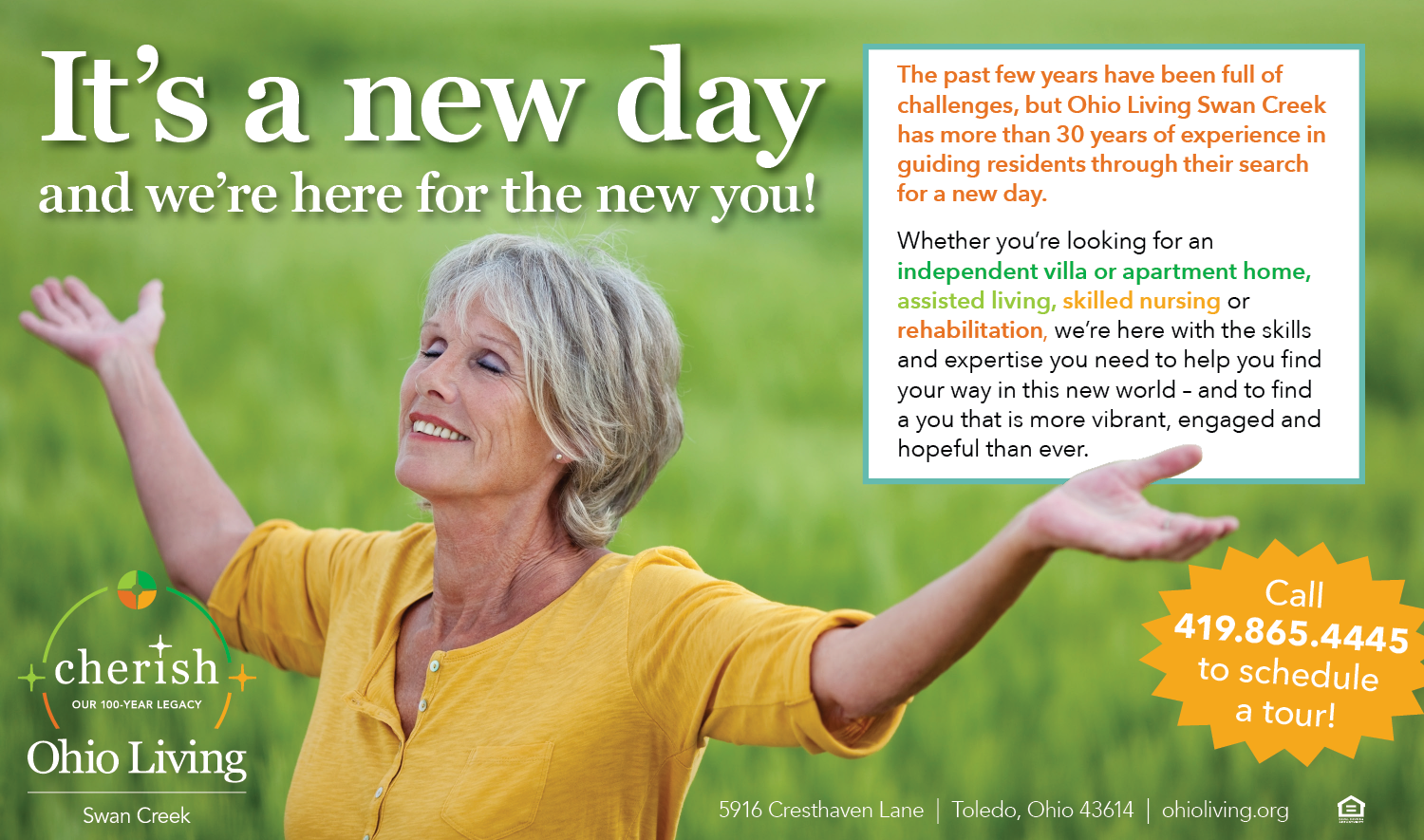MEMORIAL DAY IS UPCOMING and is celebrated as the traditional start of summer. But for many people this year, celebrations might well be tentative and subdued because of the lingering effects of the two-year global COVID-19 pandemic. Many are hesitant to celebrate because of their mental state, which is a growing cause for concern among mental health experts.
The concern is real and widespread. However, there are ways to address the problem.
“We’re coming out of a time of stress and difficulty,” said Erin Wiley, a Licensed Professional Clinical Counselor and owner/therapist of The Willow Center. “We’ve been in a constant, low-level panic and a heightened state of anxiety for two years—like there was a killer in our midst and we didn’t know when or where it was going to strike.
“Now that the constant threat is primarily over,” she said, “people are wondering why they aren’t happy and excited. A lot of people have been very depressed, especially anxious are teens and children. You can’t live through two years of chaos and expect to bounce back to normal.”
Among the roots of this depression are the losses experienced during the pandemic, especially of loved ones. “Even if you didn’t know anyone who died from COVID—and there’ve been so many of those losses—people missed the social connections that help us process grief and celebrations. Some missed out on their prom, some didn’t get to compete in sports, some went to college and later dropped out. Everyone has had losses.”
Wiley said, “The temptation is to rush into summer with abandon. But a lot of people still feel sad and they don’t know why. I think it would behoove people to pause and recognize what we went through and do due diligence to process what happened.”
Wiley suggests these ways to help overcome the sadness:
Journal
“I love the idea of sitting down and journaling. It’s simple and thoughtful when you spend time alone and catalogue all the losses you had, making note of them.”
Ask questions
She is finding that many parents are worried about their young children and teens. “I see parents begging for help with their kids. This is a tough time to navigate for parents and kids—some bounce back, some are dazed and confused. For parents, there are questions to ask your kids: COVID’s over, what was the hardest part for you? What was the biggest loss you faced? Are there things you missed out on and wish were different?” The important aspect is to get youths to talk about their feelings; ignoring how they feel won’t help.
Wiley adds that suppressing sadness can adversely affect a person’s health.
Go slowly
“Right now is a time for people to recuperate mentally, emotionally, physically—they shouldn’t push themselves to reach a goal. For many, this is just a time when we need to slowly move back into what life is after the pandemic.”
As an example, she said it’s the same as when a person who exercises regularly suddenly stops for a long time. When resuming the usual workout routine, it’s best to slowly build back up to the previous level of exercise to avoid injury.
Take action
“Do something to help you move on. If you missed a funeral, do something that would be significant now, like arranging for a plaque at the zoo or planting a tree in their honor. If you missed a graduation, plan a separate trip to visit the graduate. Write a list of all your losses, then burn it or bury it.”
Talk to somebody
“If you are someone who is struggling, don’t be embarrassed to say you’re struggling. So many people are struggling and not talking about it.” She suggests reaching out to a friend who is a good listener, or finding a support group, a trusted clergy member, or a therapist, “someone you can process your feeling with.”
Wiley’s central message: “This was a period of time when something catastrophic happened around the globe. A lot of people died. That can be a lot for people to process. As Americans, we like to think of ourselves as resilient, rugged, independent, individualistic, but in times like this, we need a community. People need to stop and process before they move ahead.”
Dennis Bova is a freelance writer and editor. ✲
One of the outcomes of the pandemic has been a recognition of the need for people to attend to their mental health.

